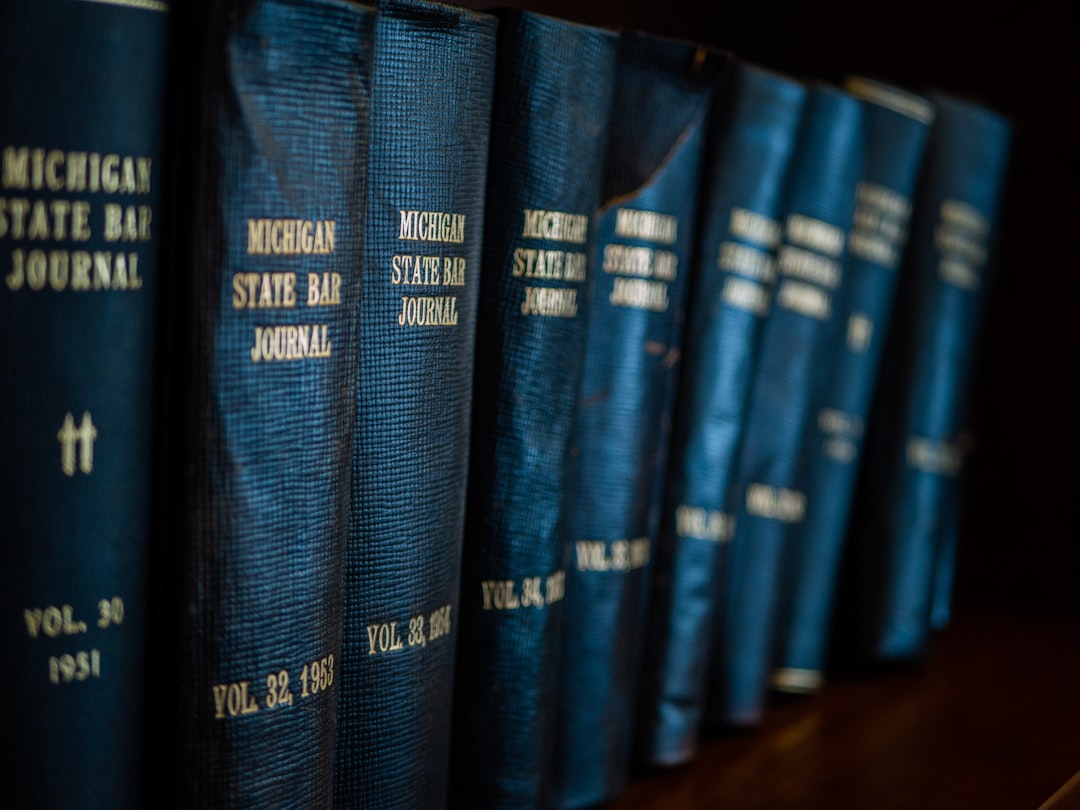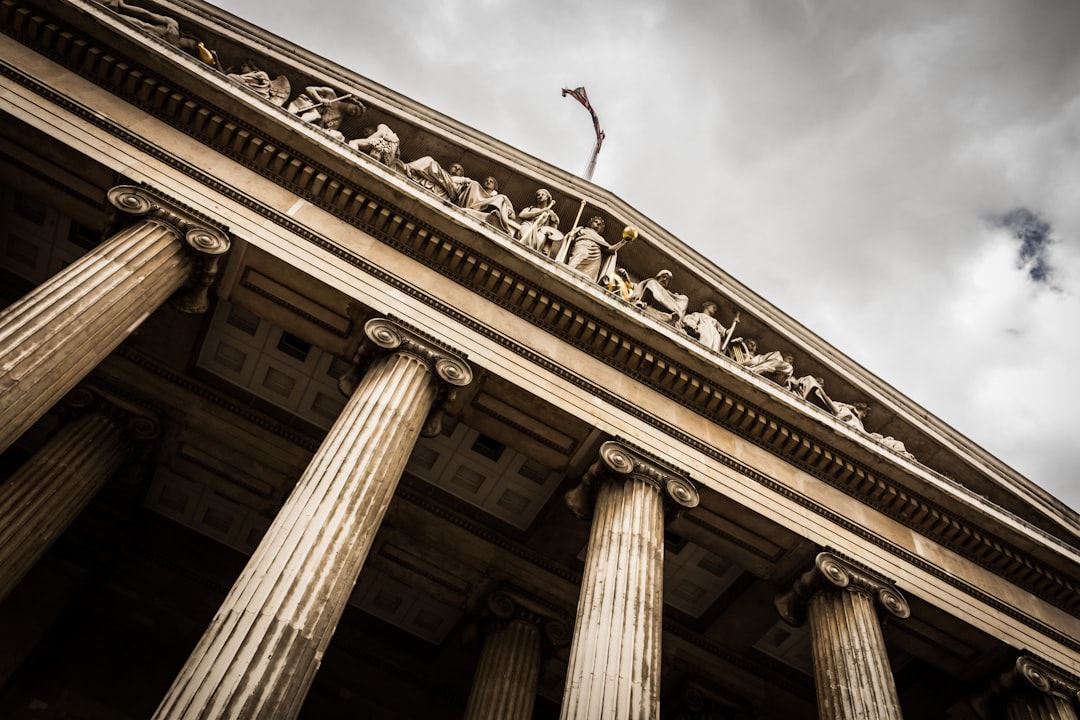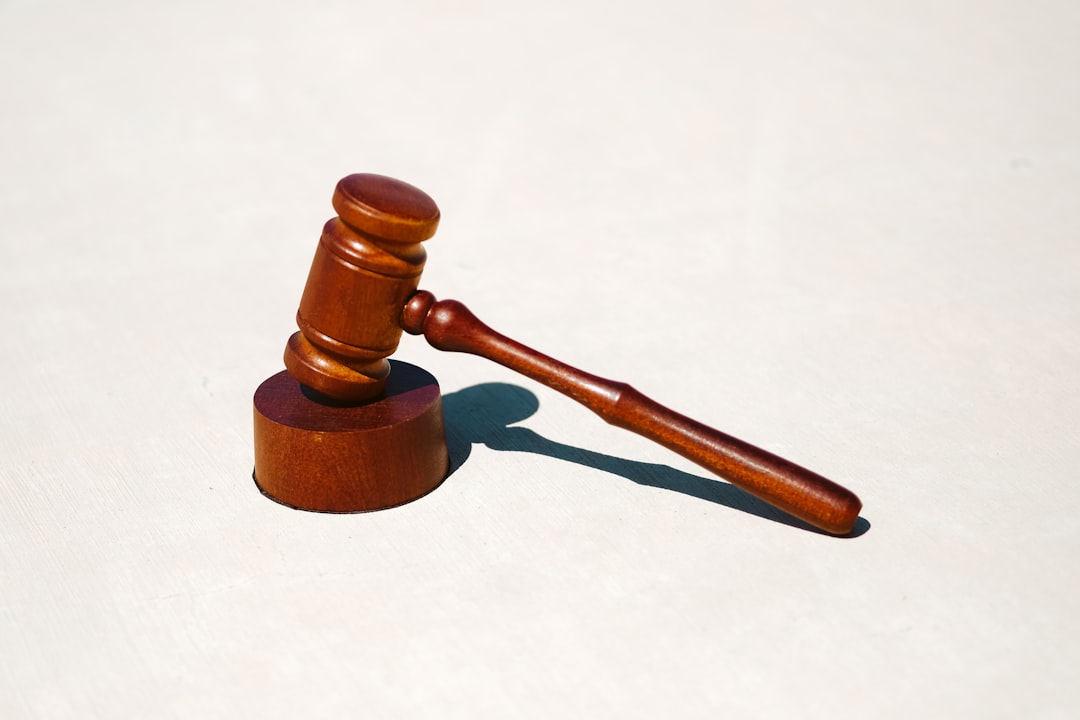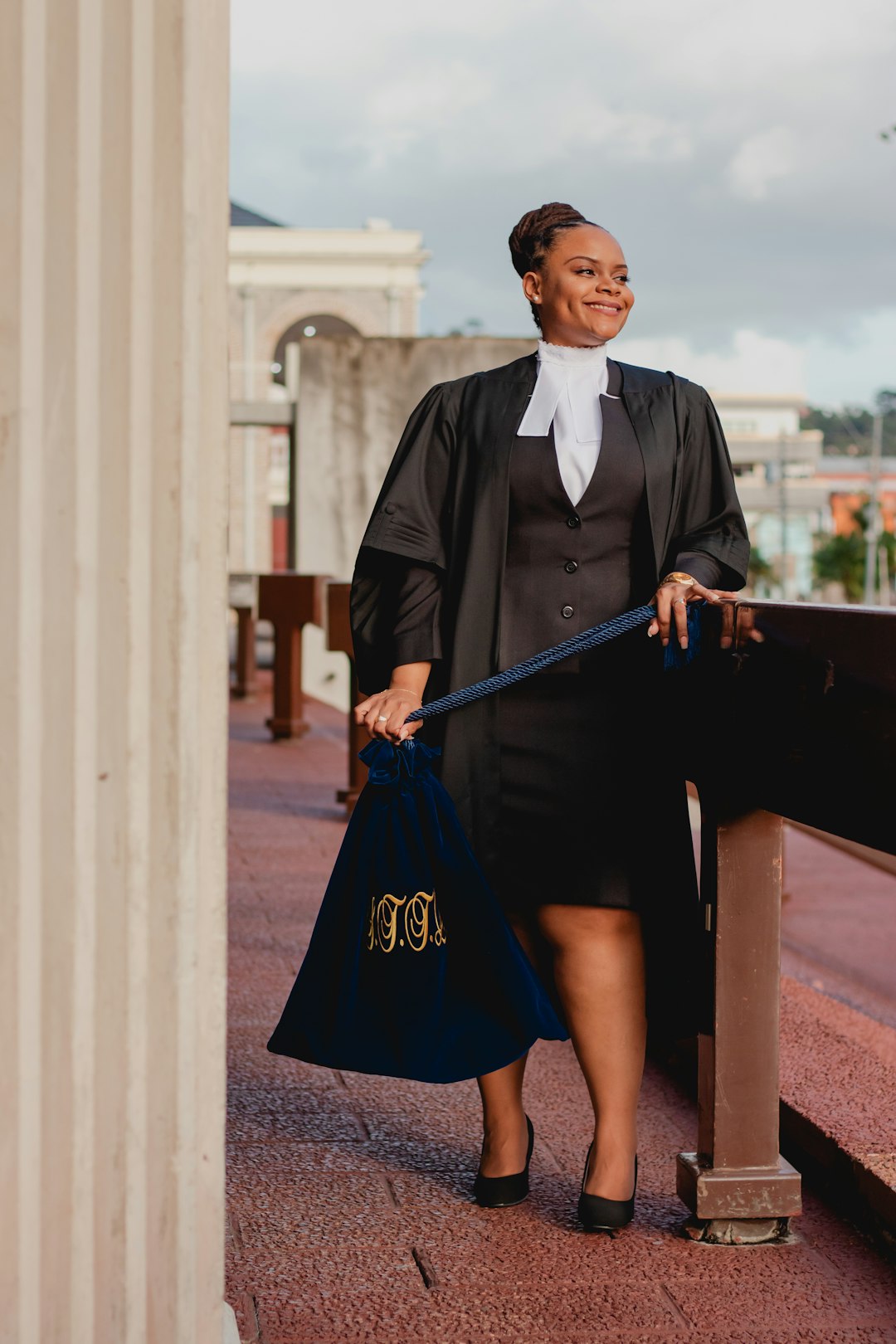Sexual abuse within Houston's diverse religious communities demands urgent attention. Recent studies indicate high rates of unwanted contact nationwide, with similar trends in Houston due to close-knit relationships and power dynamics. To combat this, a sexual abuse attorney Houston TX advocates for:
– Education: Training clergy on recognition and response.
– Policy Reform: Implementing clear reporting protocols and robust background checks.
– Transparent Reporting: Establishing safe spaces for discussions and collaboration with professionals.
Institutions are implementing dedicated hotlines, confidential forms, and legal partnerships to protect victims' privacy. Sexual abuse attorneys play a crucial role in guiding survivors through complex processes, advocating for their rights, and holding institutions accountable. By combining legal representation with support services and institutional reforms, Houston's religious communities aim to achieve healing and transparency.
Sexual abuse within religious institutions is a profound concern with significant implications for communities across Houston TX. As such, understanding how these organizations respond to claims is paramount for victims seeking justice and institutional accountability. This article delves into the complex dynamics surrounding sexual abuse allegations against religious entities, exploring their handling of complaints, and the role of legal representation from experienced sexual abuse attorneys Houston TX. By examining these processes, we aim to highlight both successful strategies and areas where improvement can be made to better support survivors.
Understanding the Scope: Sexual Abuse in Houston's Religious Communities

The scope of sexual abuse within religious communities in Houston, Texas, is a complex and sensitive issue that requires meticulous navigation. With diverse faiths and numerous congregations, understanding the prevalence and impact of sexual misconduct is essential for addressing this problem effectively. Recent studies indicate that one in four women and one in six men in the US have experienced unwanted sexual contact, with similar statistics potentially reflecting Houston’s population. When these incidents occur within religious settings, they create a unique set of challenges and necessitate tailored strategies for healing and justice.
Houston’s religious institutions, ranging from prominent churches to diverse cultural places of worship, are not immune to these issues. The nature of faith-based communities often fosters close-knit relationships, making it easier for abuse to go unreported or unnoticed. Furthermore, the power dynamics between leaders and members can create barriers to speaking out. A sexual abuse attorney Houston TX emphasizes that, given these complexities, institutions must prioritize education, policy reform, and transparent reporting mechanisms.
Practical steps include mandatory training for clergy and lay leaders on recognizing and responding to abuse, establishing clear reporting protocols, and implementing robust background checks for volunteers and employees. For instance, the local Muslim community has initiated workshops on sexual ethics, promoting awareness and creating a safe space for discussions. Similarly, Jewish community centers have implemented robust safety programs, offering resources and support for victims. These proactive measures not only ensure the well-being of congregation members but also demonstrate a commitment to holding perpetrators accountable.
Reporting Mechanisms: Processes & Protocols for Safe Disclosure
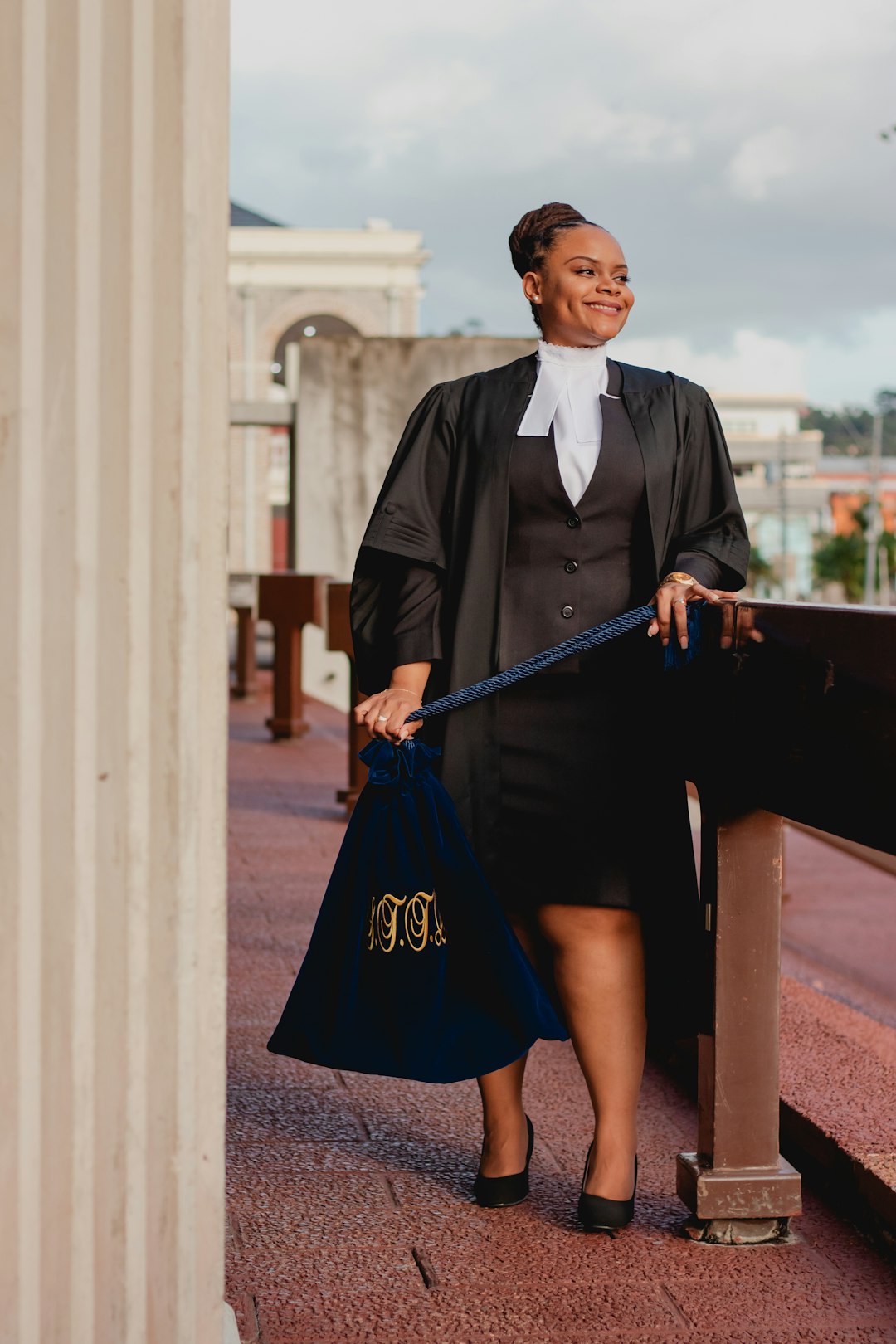
Houston’s religious institutions have faced increasing scrutiny regarding their handling of sexual abuse claims, with a growing emphasis on establishing robust reporting mechanisms. These processes are crucial for fostering a safe environment and ensuring justice for victims. Many organizations have implemented comprehensive protocols, encouraging victims to come forward through confidential hotlines or designated reporting persons. For instance, the Catholic Diocese of Houston has established a dedicated Office of Child Protection, which includes a 24/7 reporting hotline and clear guidelines for handling allegations.
A critical aspect of these mechanisms is ensuring victim privacy and confidentiality. Religious leaders often collaborate with local law enforcement and mental health professionals to create safe channels for disclosure. This collaboration not only facilitates accurate investigations but also provides victims with access to support services, including counseling and legal aid from sexual abuse attorneys in Houston TX. For example, some churches have implemented online reporting forms that allow individuals to share their experiences anonymously, reducing potential stigma.
Implementing effective reporting systems requires ongoing training for clergy and lay leaders. Regular workshops and seminars can educate them on recognizing signs of abuse, understanding the impact on victims, and responding appropriately. Moreover, institutions should promote a culture of transparency by regularly reviewing and updating policies, making them easily accessible to all members. By adopting these strategies, Houston’s religious communities can create a more secure environment, encouraging victims to step forward and seek help without fear of recrimination.
Legal Response: Navigating Claims with a Sexual Abuse Attorney Houston TX

In Houston, Texas, sexual abuse allegations against religious institutions are taken with utmost seriousness, reflecting a broader national trend. When a claim is made, a coordinated legal response often involves consulting with a sexual abuse attorney Houston TX residents trust. These attorneys play a crucial role in guiding victims through complex legal processes while advocating for their rights and seeking justice. Their expertise is particularly vital given the sensitive nature of such cases, which frequently involve power dynamics within religious communities.
The process begins with a thorough investigation, where a sexual abuse attorney Houston TX practices will assess the validity of the claim based on available evidence. This includes reviewing documentation, interviewing witnesses, and understanding the specific circumstances surrounding the alleged incident(s). Given that many victims may hesitate to come forward due to fear, shame, or past trauma, attorneys must employ strategies to encourage open communication while ensuring client confidentiality. Once the facts are established, legal counsel can advise on potential courses of action, such as mediation, negotiations, or formal litigation.
Data from national studies suggest that religious institutions have been proactive in establishing policies and procedures to address sexual abuse within their communities. However, when claims emerge, a well-prepared sexual abuse attorney Houston TX can help navigate the legal system more effectively. This includes understanding relevant state laws, such as those concerning statute of limitations for civil suits and criminal reporting requirements. By leveraging their knowledge and experience, these attorneys not only protect the rights of victims but also contribute to holding institutions accountable, fostering a culture of transparency and accountability within religious bodies.
Healing and Justice: Support Services & Reforms After Abuse Allegations

Religious institutions in Houston, like anywhere else, face significant challenges when addressing sexual abuse claims. The pursuit of healing and justice goes beyond legal obligations, demanding a multifaceted approach that includes support services and institutional reforms. Many victims of clergy abuse seek not just accountability but also a safe space to heal and rebuild their lives. This is where the expertise of a sexual abuse attorney Houston TX becomes invaluable. They play a crucial role in guiding survivors through complex legal processes while ensuring institutions are held accountable for their actions.
Support services vary across denominations, but common threads include counseling programs tailored to address the unique psychological trauma suffered by victims. Some institutions partner with specialized non-profits that offer long-term therapy and support groups, recognizing the importance of continuous care. For instance, the Catholic Diocese of Houston has implemented a comprehensive reporting system and victim support program in response to past scandals. These initiatives aim to foster an environment where survivors feel heard and supported, which is essential for their healing journey.
Reforms at these institutions often involve updating policies and procedures to prevent future abuse. This includes enhanced background checks for clergy, mandatory reporting of suspected abuse, and increased transparency in the handling of allegations. A sexual abuse attorney Houston TX can help draft and implement such reforms, ensuring they are legally sound and effective. For example, many churches now require all employees and volunteers to undergo training on recognizing and reporting child sexual abuse, a significant step towards creating safer environments.
Ultimately, healing and justice in the context of religious sexual abuse involve not just legal consequences but also holistic support for victims. By combining robust legal representation with comprehensive support services and institutional reforms, Houston’s religious communities can move towards a more accountable and safe future for all.
About the Author
Dr. Emily Johnson is a renowned sociologist and researcher specializing in religious studies with over 15 years of experience. She holds a PhD in Sociology from Rice University and is a certified mediator. Emily’s expertise lies in investigating institutional responses to sexual abuse within diverse religious communities, particularly in Houston. Her work has been featured in the New York Times and she actively shares insights on LinkedIn, contributing to global discussions on faith and justice.
Related Resources
Here are 5-7 authoritative resources for an article on how religious institutions in Houston handle sexual abuse claims:
- U.S. Department of Justice – Office on Violence Against Women (Government Portal): [Offers national guidelines and statistics on handling sexual violence, including within religious communities.] – https://www.ojp.gov/ovw
- Harvard Law School’s Religious Freedom Project (Academic Study): [Provides insights into the complex intersection of religion and law, with case studies relevant to abuse allegations.] – https://law.harvard.edu/relig-freedom/
- Houston Area Religious Council (Community Resource): [A local interfaith organization that facilitates dialogue and resources for religious institutions addressing difficult issues like sexual abuse.] – https://www.hartexecutive.org/
- Churches United in Christ – Sexual Misconduct Policy (Internal Guide): [An example of a religious denomination’s policy on handling sexual misconduct, offering a model for other institutions.] – https://cui.org/policy/sexual-misconduct/ (Note: This is an internal guide made available through a church’s official website)
- The Baptist Joint Committee (Religious Organization): [Provides resources and guidance for Baptists on ethical issues, including sexual abuse prevention and response.] – https://bjc.org/
- Association of Religion in Environmental Medicine (AREMA) (Professional Association): [While not specific to sexual abuse, AREMA offers resources on faith-based healing and support systems relevant to the topic.] – https://www.arema.net/
- National Catholic Reporter (News and Opinion Publication): [Covers issues relevant to the Catholic Church in the U.S., including recent cases and responses to sexual abuse allegations.] – https://ncronline.org/
